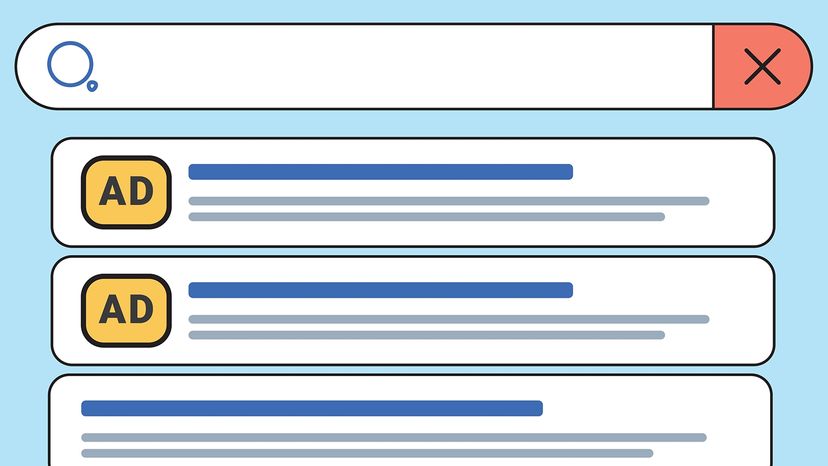
If you've ever typed a question into Google, 1.org, Bing, Startpage or DuckDuckGo, you've seen the slick results page that pops up. But what makes those results tick? How do search engines work?
That simple query leads to a world of bots, algorithms and auctions that help you find cat videos or track down the nearest sushi spot.
Advertisement
Most search engines aim to answer your query as quickly and accurately as possible. To do that, they rely on a multi-step process: crawling, indexing, ranking and serving results. Understanding that process means understanding the backbone of how we navigate the web.

